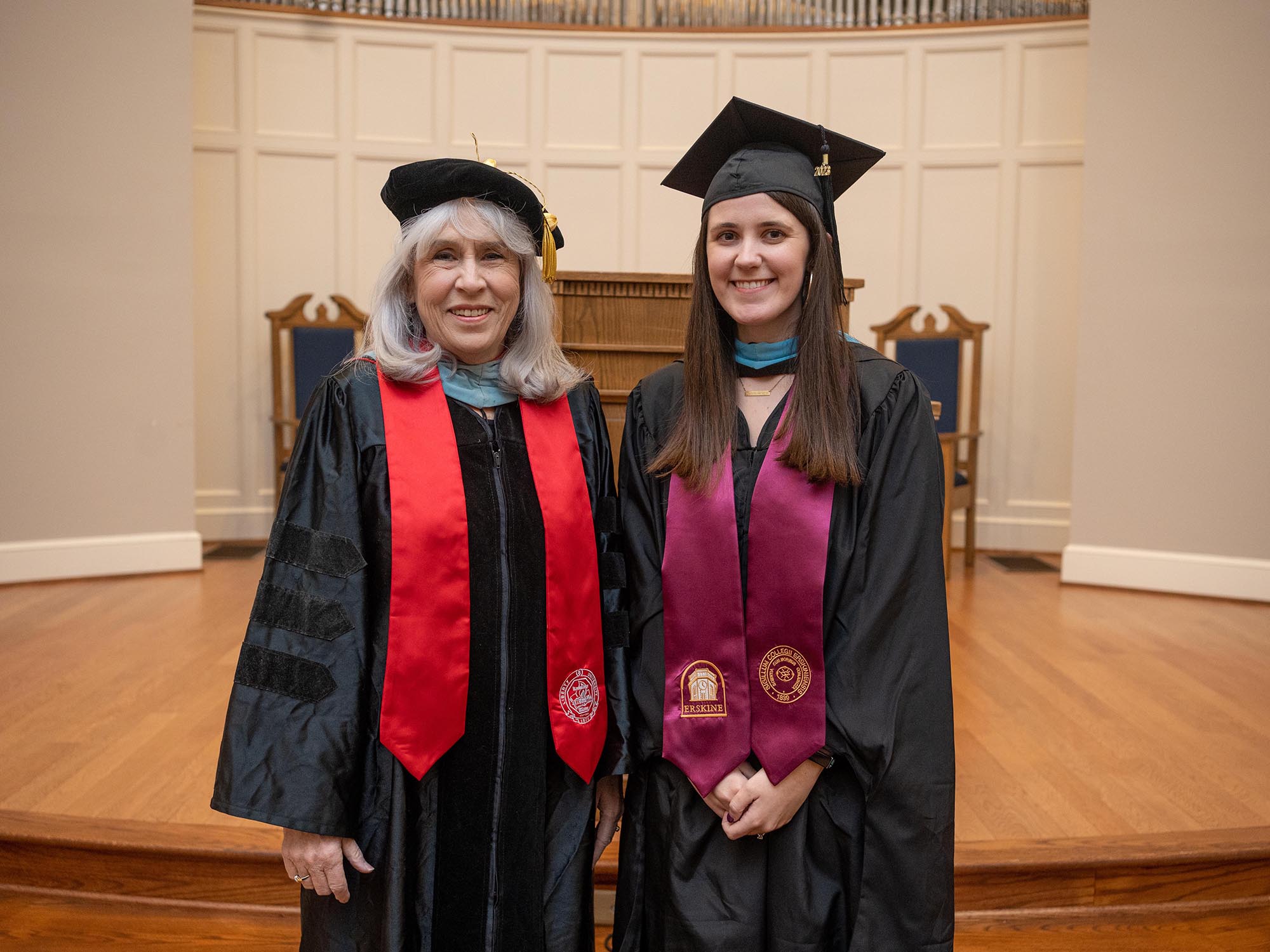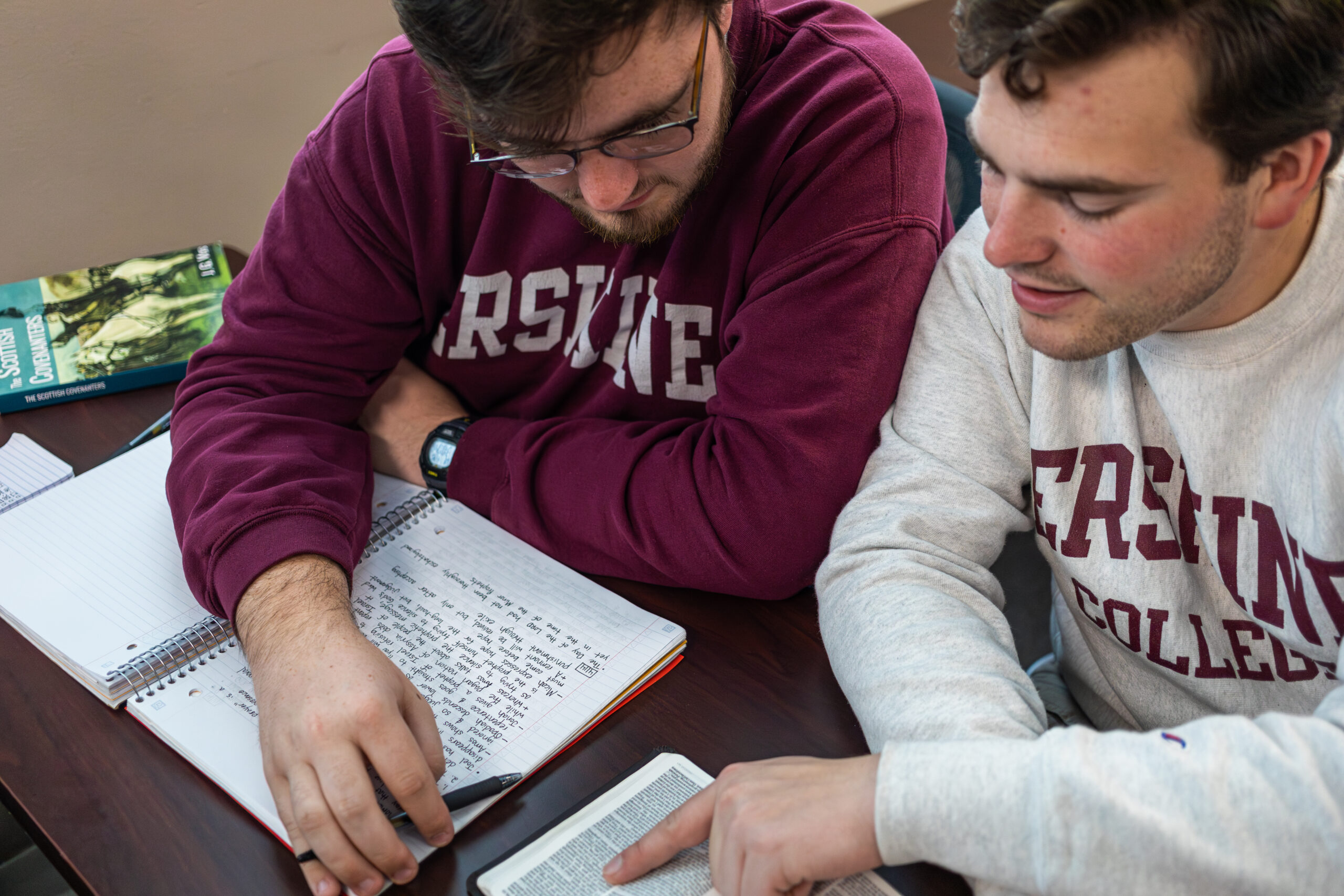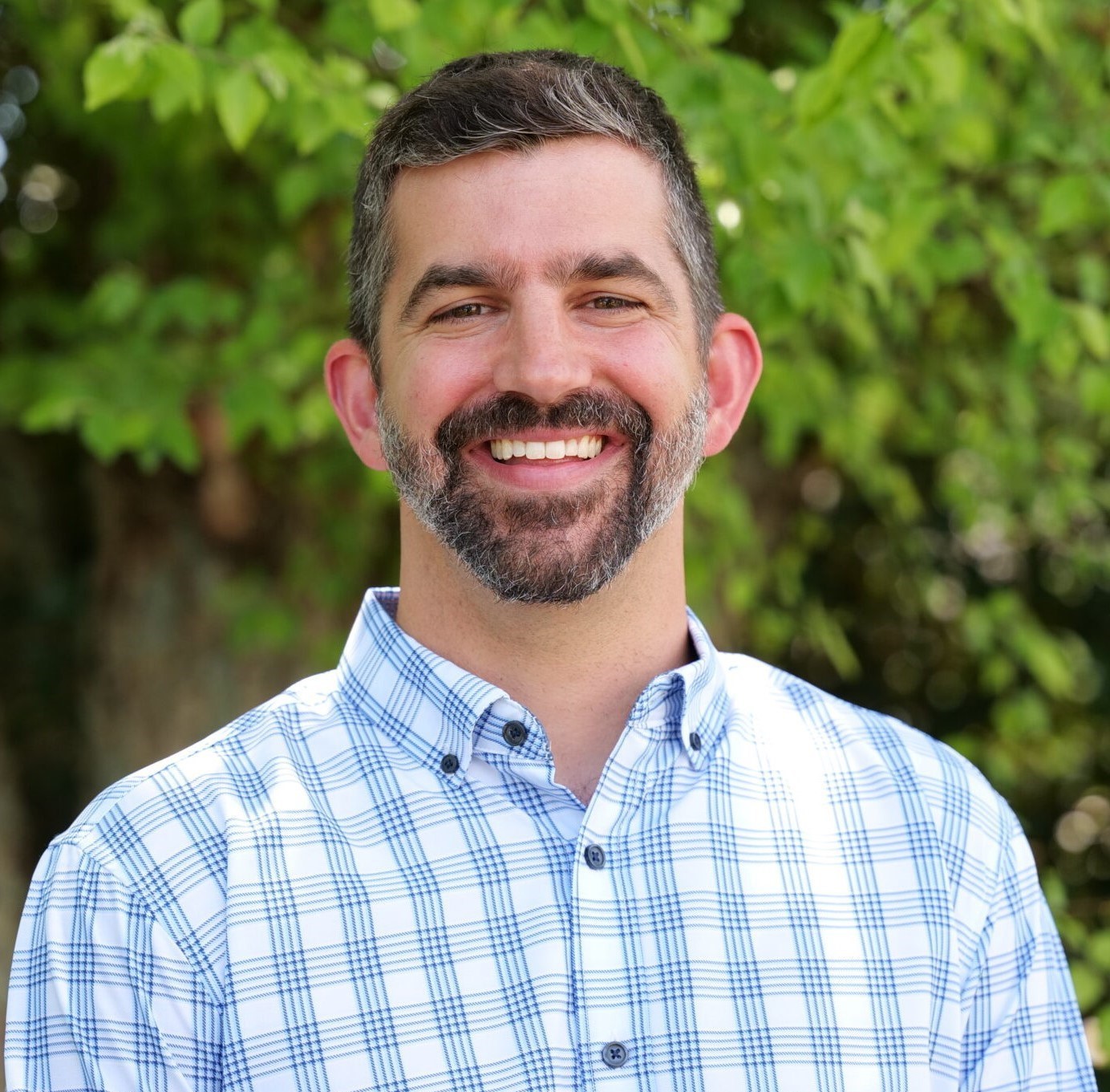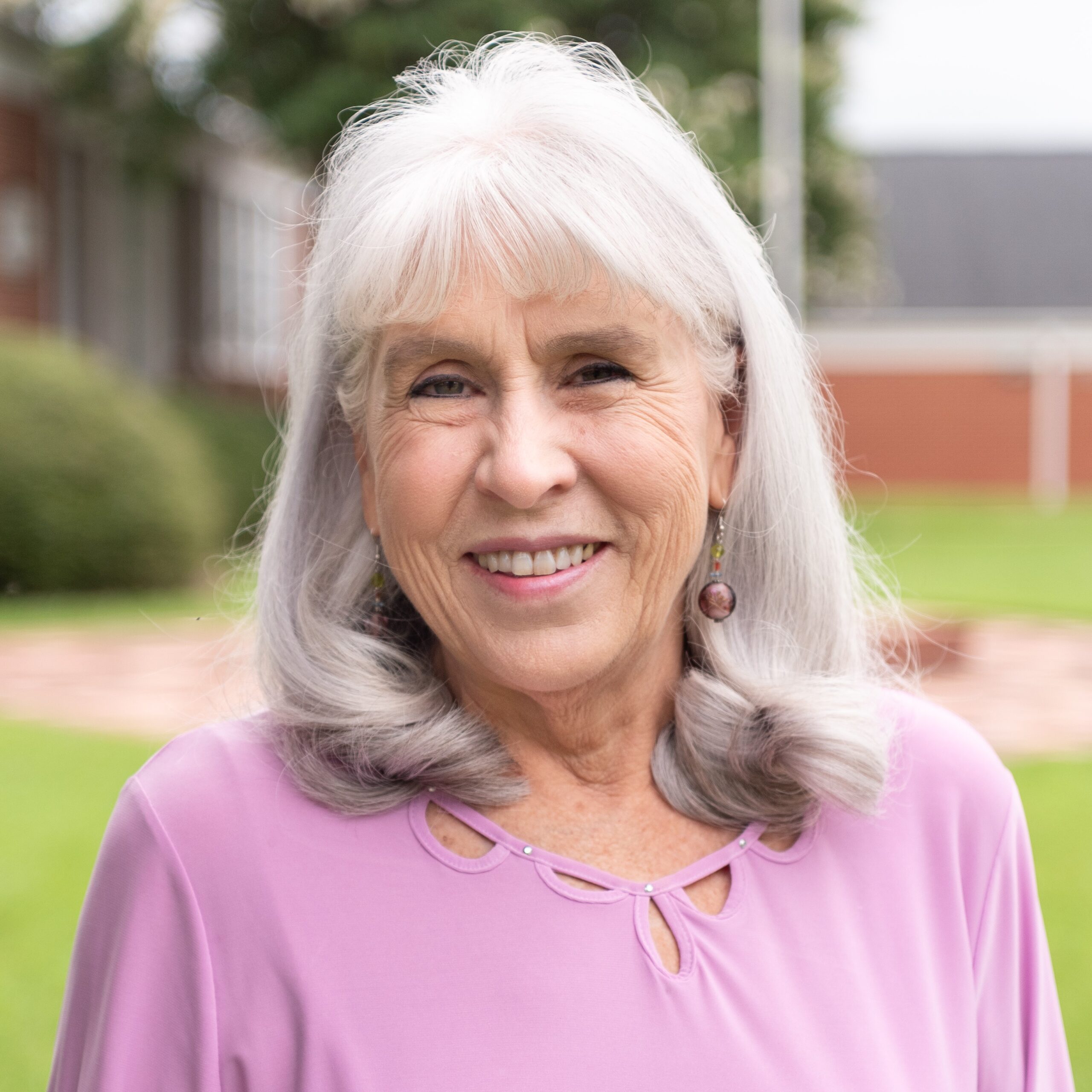Biblically grounded,
professionally equipped.
If you’re drawn to serve others through biblically based counseling, Erskine’s Master of Arts in Christian Counseling is for you! The MACC program equips you with both a broad base of Scriptural knowledge and the core competencies required of a licensed counselor.
Become a Skilled Counselor
Prepare to enter the counseling profession with confidence and compassion. Erskine’s MACC equips you for a wide array of counseling settings, both public and private. Our program also holds the distinction of offering elective courses in play therapy, one of only a few programs in the state to do so.
In the MACC program, you’ll fulfill the educational requirements necessary to pursue state licensures and become a Licensed Professional Counselor. After graduation, you can take the National Counselor’s examination to begin your counseling career.
Learn with a Biblical Worldview
As Christians, we know that God’s Word gives us understanding and that Christ is the source of true life. That is why a biblical perspective is so vital to your calling as a counselor. Your faith informs all you do.
At Erskine, we care about both your spiritual growth and your professional growth. We equip you with sound biblical knowledge and help you apply those principles to your work as a counselor.



Program & Curriculum
In the MACC program, you’ll complete 60 credit hours:
- 39 hours of counseling coursework
- 9 hours of clinical fieldwork
- 12 hours of biblical studies
- 6 additional hours for those interested in completing the Play Therapy Certificate
As a full-time student, you can complete the program in just two years. The degree may also be completed on a part-time basis in up to six years. The program is structured to meet the standards of the Council for Accreditation of Counseling and Related Educational Programs, and the College is actively seeking CACREP accreditation.
Play Therapy Certification for non-MACC students
Students seeking the Play Therapy Certificate should fill out the following application:
Christian Counseling Special Student Application
Non-degree-seeking students wishing to take Christian Counseling courses should fill out the following application:
The college seeks to develop students in this degree program in the following ways:
- Concepts: Graduates will interpret the Bible and draw on the church’s theological and historical heritage as they apply the Bible’s message to faith, life, and ministry in professional counseling contexts.
- Calling: Graduates will identify, develop, and use their abilities and spiritual gifts to strengthen their professional counseling skills in service to Jesus Christ.
- Character: Graduates will serve the church and community with evident Christian character and integrity in their personal and professional lives.
- Integration: Graduates will serve the church and community effectively, using skills required for their calling to counseling. Skills include communication and listening, diagnosing, and developing treatment plans to care for others, along with leadership and administration.
- Competence: Graduates will serve the church effectively through mental health professional counseling skills, including: (1) principles, models, and documentation for mental health counseling; (2) diagnostic processes, legislative policies, and ethical consideration; and (3) professional evaluations and strategies for interfacing with other professionals and agencies.
- Credentials: Graduates will serve the church using the licensed professional credentials necessary for counseling within the church and outside the church context.
- Make appropriate use of relevant (a) Bible passages and (b) confessional standards, as they integrate course material to their (c) professional counseling contexts.
- Identify, develop, and use personal abilities, gifts, and gained knowledge to strengthen their professional counseling skills in service to Jesus Christ.
- Demonstrate growing Christ-like character through writing and practice of counseling ministry.
- Integrate theology with the required skills for professional counseling.
- Demonstrate professional counseling skills, including: (1) principles, models, and documentation for mental health counseling; (2) diagnostic processes, legislative policies, and ethical consideration; and (3) professional evaluations and strategies for interfacing with other professionals and agencies.
- Move toward gaining the credentials necessary for licensed professional counseling.
Counseling courses are taught in-person while some Bible courses may be taken online.
Bible and Theology Courses (12 hours)
Counseling Courses, including clinicals (48 hours)
- BI 501 Bible Survey or BI 080 Bible Challenge Exam*
- BI 502 Principle of Exegesis
- CH 551 Survey of Church History
- ST 551 Survey of Systematic Theology
*BI 501 Bible Survey is required of first-year students who have not passed the Bible Challenge Exam. Students who pass the Bible Challenge Exam must take an additional Bible elective in lieu of BI 501 Bible Survey.
- CC 501 Professional Orientation, Legal, and Ethical Issues
- CC 505 Social and Cultural Foundations of Psychology
- CC 510 Counseling and Helping Relationships
- CC 515 Psychological Appraisal
- CC 520 Human Growth and Development
- CC 525 Applied Biblical Foundations of Counseling
- CC 600 Psychology Research and Evaluations
- CC 610 Groups and Groups Therapies
- CC 615 Psychopathology
- CC 620 Diagnostics of Psychopathology
- CC 625 Crisis, Trauma, and Disaster Counseling
- CC 630 Lifestyle and Career Development
- CC 680 Counseling Practicum
- CC 681 Fieldwork I
- CC 682 Fieldwork II
- CC 090 Continuation of Fieldwork*
- CC elective
- CC 605 Addictions
- CC 640 Family Systems
- CC 650 Crisis Intervention and Trauma
- CC 550 Play Therapy: History and Theory
- CC 555 Play Therapy Techniques
- CC 560 Play Therapy for Special Populations
- CC 565 Child and Adolescent Psychopathology
*Required if student did not complete the 600 hours in CC 681/682.
Admission Requirements
- Bachelor’s degree with a 3.0 GPA
- Interview with the MACC Program Director and faculty committee
A bachelor’s degree in psychology is the best foundation for the MACC program. Students who hold a degree in another discipline are eligible for the program but may need to complete prerequisite psychology courses, including:
- General/introductory psychology
- Abnormal psychology
- Developmental psychology
Questions? Contact program director Cathy Sparks at sparks@erskine.edu.
FAQs
No. However, you may need to take several prerequisite courses in general psychology, abnormal psychology, and developmental psychology. Contact the program director for further details: sparks@erskine.edu
No. You may complete some of your required Bible courses online, but counseling courses are only offered in person. This format gives students the best possible education in counseling.
Full-time students (12 hours per semester) can finish the program in as few as two years. Part-time students may complete the program in up to six years.
The program costs $550 per credit hour.
Yes. In the MACC, you will complete nine hours of field work for your degree.
The MACC program fulfills the educational requirements you need to pursue licensure in the state of South Carolina as a Licensed Professional Counselor. After graduation, you’ll take the National Counselor’s examination. Once you’ve passed the exam, you will be a Licensed Professional Counselor Associate for two years under the supervision of a Licensed Professional Counselor Supervisor.
Learn More
For more information about the MACC program, contact Program Director Cathy Sparks.


